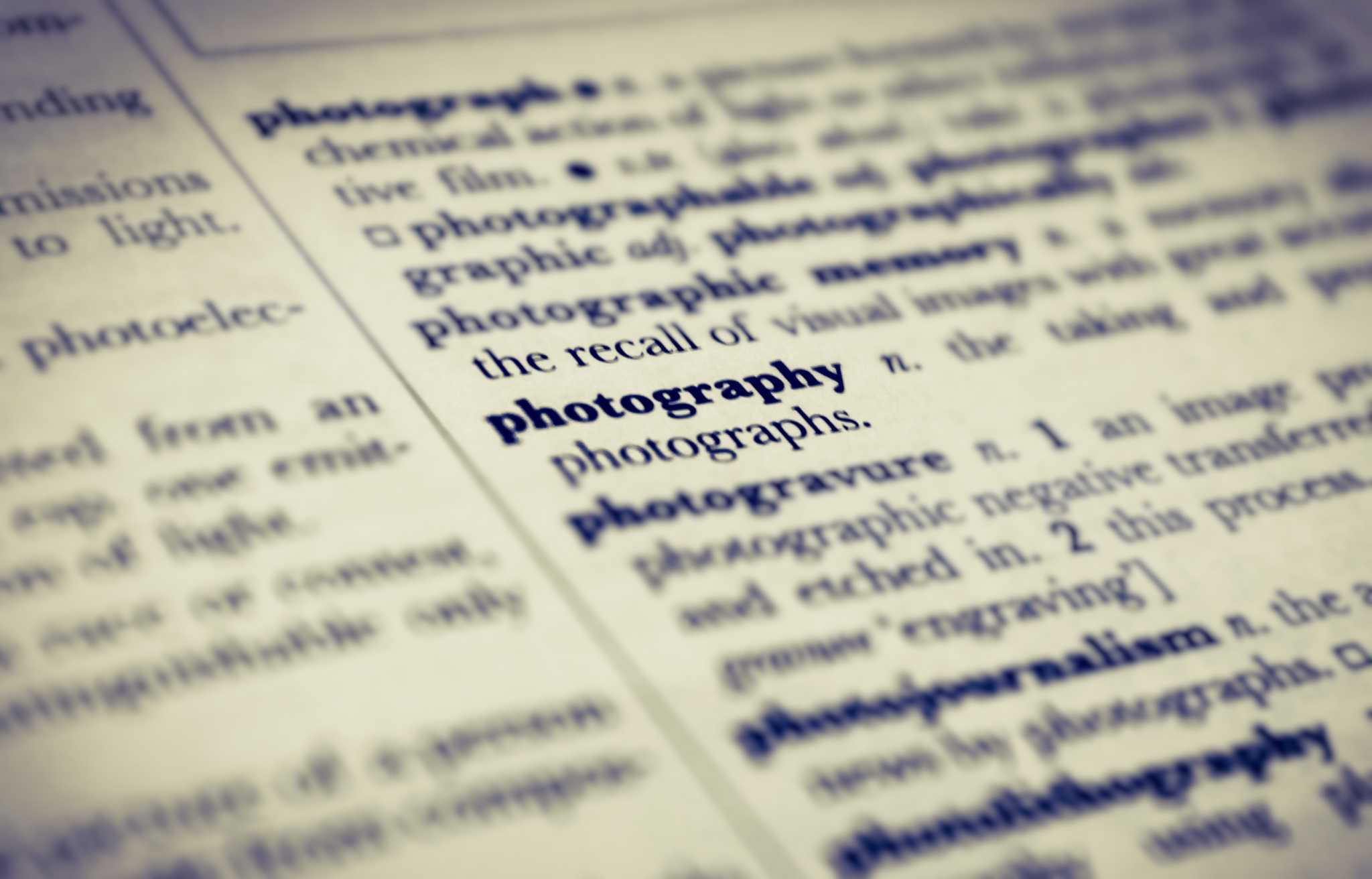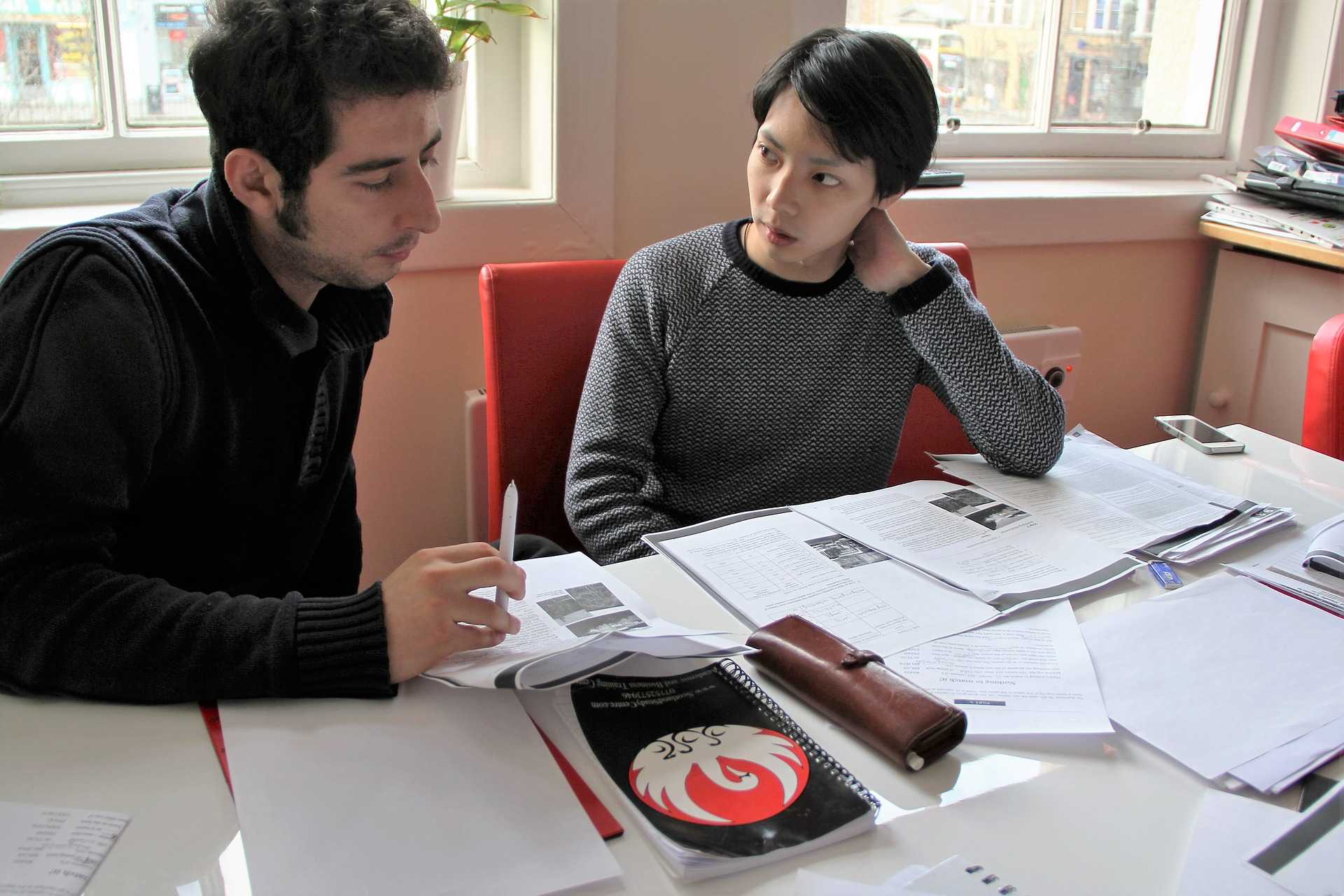TIPS TO SPEED UP YOUR LEARNING
Learning a language can be frustrating. Difficult. Even boring. Most people think they need to spend hours plowing through stacks of flashcards and memorizing sentences. And while there's certainly no substitute for diligent study, there are some ways you can speed up the learning process and even have fun along the way.
Want to learn a new language but feel daunted or unsure where to begin? You don't need any special talent or a "language gene," says Lýdia Machová.
Lydia Machova talks about her practices of learning a language. She says,
"We have no shortcut to learning languages".
But we do have certain techniques and ways to learn a new language.
1. Start with the 100 most common words:
Make a list of common words. Find frequently used vocabulary and learn them. Everyday words like greetings, learning directions, words used at grocery stores, counting etc, will contribute in major part of language learning. Divide the language material into small parts.
"Not all vocabulary is made the same. Some gives you a better return on investment than others," insists Manson.
Studies have shown that the most common 100 words in any language account for 50% of all spoken communication. The most common 1,000 words account for 80% of all spoken communication. The most common 3,000 words account for 99% of communication.
Start with the 100 most common words and then make sentences with them over and over again. Learn just enough grammar to be able to do this and do it until you feel pretty comfortable with all of them.
2. The intensity of study trumps length of study:
Study smarter, not harder. How you study is much more important than how much you study.
"Learn faster by exposing yourself to listening and reading in short bursts, several times a day, Five minutes here and ten minutes there makes the language sink in much better than marathon study sessions", says Get-It-Done Guy Stever Robbins.
According to Manson, studying a language for four hours a day for two weeks will be more beneficial for you than studying for one hour a day for two months.
"It's better to allow a particular period of your life, even if it's only 1–2 weeks, and really go at it 100 per cent, than to half it over the course of months or even years," concludes Manson.
3. One-on-one tutoring is the best and most efficient use of time:
This one is pretty obvious but often neglected.
It's important to spend time in the classroom or learning a language from an instructor online. Thankfully, nowadays you don't have to move to the United Kingdom to learn English or France to learn French from the best schools or teachers.
Also, you can spend hours in the library trying to master conjugations and tenses, but few things compare to the power of conversing and learning with someone who is qualified. You will receive the proper guidance on all professional aspects (from listening and reading to speaking and writing) and have a much better feel for the nuances of pronunciation such as subtle inflexions, pauses, emphasis, and cadences.
"It's usually the most expensive use of time, but if you have the money, grabbing a solid tutor and sitting with him or her for a few hours every day is the fastest way to learn a new language." concedes Manson,
There are ways to find professional native teachers online that can substantially steepen your learning curve. It is important to work out what your budget is, however, remember the better the quality, the lower you'll pay in the long run (whether in money, time or effort)!
4. You're going to make mistakes:
One of your main goals, when you start learning a new language, is being able to speak with natives, understanding them and being understood by them. At first, it will be difficult, but if you really want to learn, you will have to do it at some point. When you first start using your new language, you're going to stumble and make mistakes, and that's not a problem.
It is important not to get discouraged and embarrassed, but embrace this as a natural learning process. The only thing to do is accept it, or better yet, embrace it. Learning a new language is a new form of self-expression, so don't put too much pressure on yourself! Let yourself be a beginner. If you insist on progressing perfectly, it will be a marathon of tiptoe steps.
"For me, there came a point, though, when I just became totally unapologetic about it, "I've got to start somewhere, and the more mistakes I make, the faster I learn," says Jason, blogger and founder of the Spanish Vault.
Fear is a barrier to learning - and an unnecessary one at that. If you're holding back because you are afraid people will laugh at you, or you've got perfect grammar comprehension but can't actually hold a conversation, you're simply slowing down your progression.
One of the best things you can do in the initial stages is not to try to get everything perfect, but to embrace making mistakes.
5. Value Fluency over Accuracy:
Fluency is the ability to express oneself easily and articulately. It means using the language smoothly in real time.
Accuracy, on the other hand, is the ability to be correct and precise. It means communicating without any grammatical, vocabulary, tonal and other errors.
You can be fluent in a language without having 100% accurate. Alternatively, you can have language accuracy while still not being anywhere near fluent. The ultimate goal when learning a new language is to use it fluently, not accurately. When you are not quite fluent in a foreign language, you are not going to understand everything people say. You may understand one word here and there, and if you are lucky, maybe a whole sentence.
This doesn't mean we should forget the importance of accuracy. Yes, you may have slip-ups when using your new language, and that's okay. Think about the times when you didn't accurately follow the rules of your native language, but you were still perfectly understood by others. It happens more than we realize.
As mentioned by Simon Simon Ager, author of Omniglot:
"Don't worry about not understanding everything - try and guess the things you don't know from context, and ask about or look up words that come up frequently whose meaning you can't work out."



